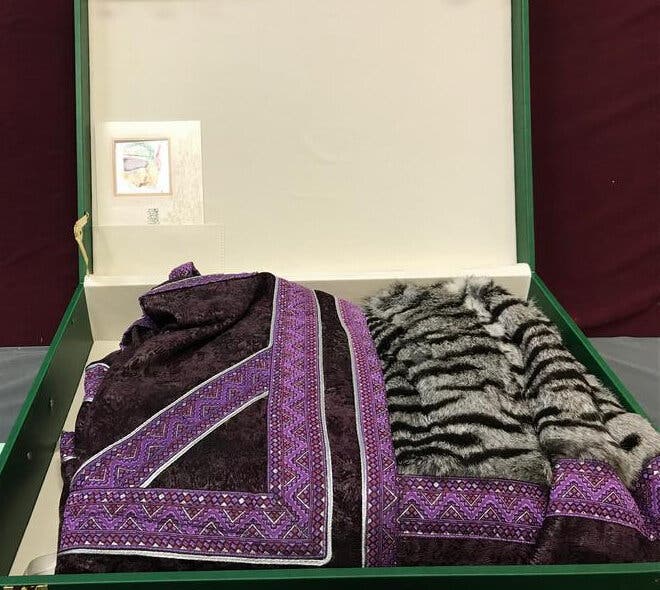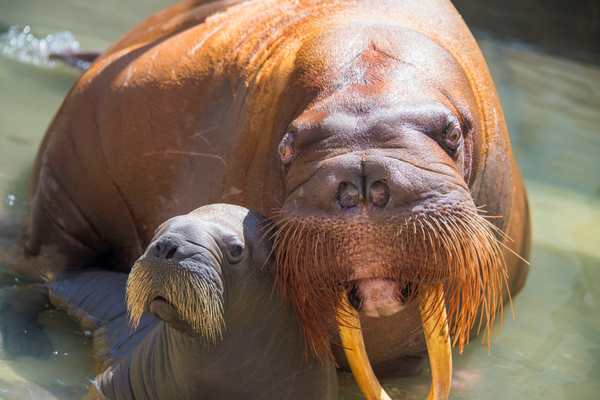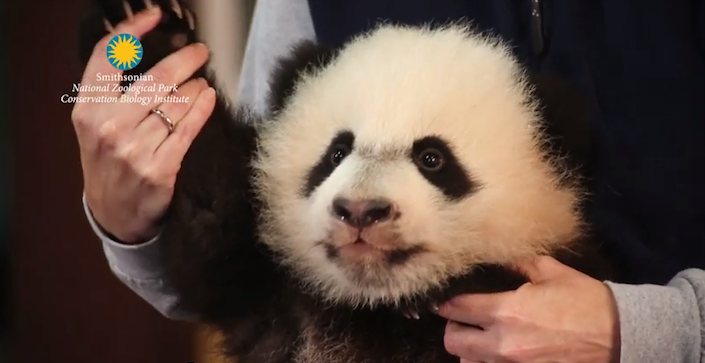The former U.S. president was gifted dozens of presents which weren’t properly disclosed during a trip to Saudi Arabia which included three robes made of white tiger and cheetah fur.
Other items included a dagger with a handle that appeared to be ivory. The possession of the furs and dagger most likely violated the Endangered Species Act, according to a White House lawyer.
But the Trump administration held onto them and failed to disclose them as gifts received from a foreign government.
On Trump’s last full day as president, the items were handed over. But they were sent to the wrong agency, going to the General Services Administration rather than the U.S. Fish and Wildlife Service which finally seized the gifts last summer.
The furs, it then was revealed, were fake.
They were a gift from the oil-rich Saudi royal family who are worth billions of dollars.
“Wildlife inspectors and special agents determined the linings of the robes were dyed to mimic tiger and cheetah patterns and were not comprised of protected species,” said Tyler Cherry, a spokesman for the Interior Department, which oversees the U.S. Fish and Wildlife Service.
Officials at the Saudi Embassy in Washington declined to comment. Trump’s 2017 trip to Saudi Arabia was his first overseas presidential visit.
Initially, the White House counsel’s office warned that if the fur was indeed real, the White House risked being in violation of the Endangered Species Act, the 1973 environmental conservation law.
The tale of the furs is but one example of how gift exchanges between the United States and foreign leaders — a highly regulated process intended to shield administrations from questions of impropriety.




